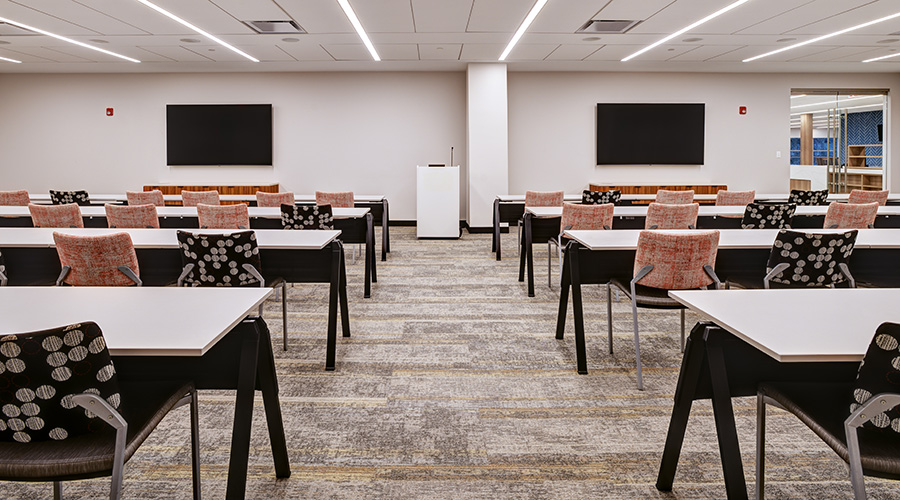Beyond the Basics of Utility Rebates
Managers seeking to qualify for rebates and incentives offered by utility companies need to pay attention to key components of the process, but they also must be aware of several additional issues and potential benefits, which include:
Gas vs. electricity. One important aspect of conversation on gas vs. electricity that managers should be aware of for rebate purposes is the subject of fuel-switching. Heat-recovery systems can be construed as fuel-switching systems because they appear to switch from gas-fired heating equipment to electricity for heating. While it might be possible to show evidence of energy savings above the fuel switch, due to the work the compressed-gas cycle provides, a utility might not accept this, due to guidelines it has in place. Managers can check with the local representative at the outset of the design period to avoid such issues.
Commissioning. Before handing over a rebate check, a utility might require commissioning by a third party for any measures it funds in order to ensure the measures function as intended. The utility does not pay for commissioning, so the cost would be calculated as a project cost and deducted from the rebate, unless the code already requires the process.
Building relationships. One advantage to accessing available local rebates is relationship building. Familiarizing the organization with the local utility in terms of its processes and personnel can open the dialog between the two parties, and it can help develop a smoother means of accessing rebate dollars so managers can continue to operate the facility energy efficiently and cost effectively.
Armed with information on the way utilities administer incentive and rebate programs, managers can more effectively help their organizations take advantage of these offerings. From performing online research, developing a plan, and lining up required resources to performing necessary calculations, tracking progress, and coordinating with the utility for final review of installed measures, a clear plan will help managers remain focused on the goal of the process — collecting the rebate for the organization.
Brian Griffith, LEED AP, is the senior sustainable design consultant for Affiliated Engineers NW Inc. — www.aeieng.com. He collaborates and consults with the firm's peers and with clients and stakeholders in the higher education, health care, research and development, municipality, and commercial markets on facility design, operations and management issues.
Related Topics:














